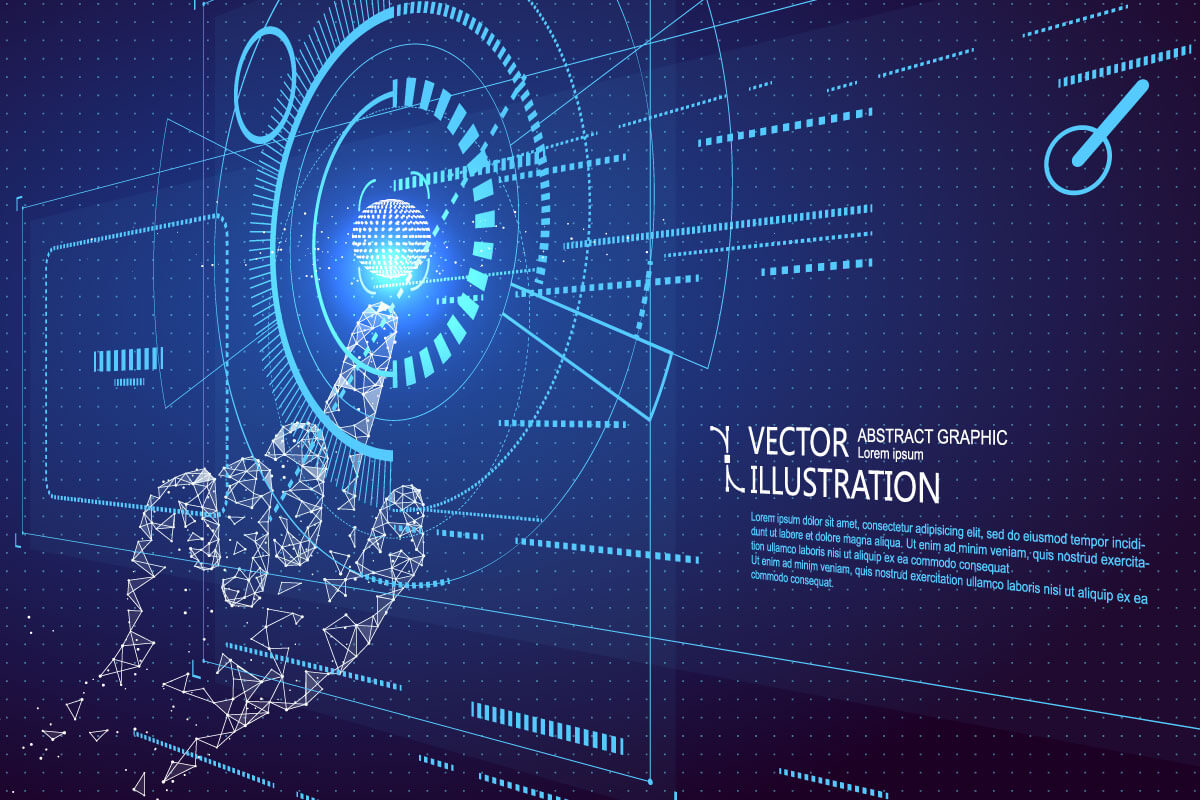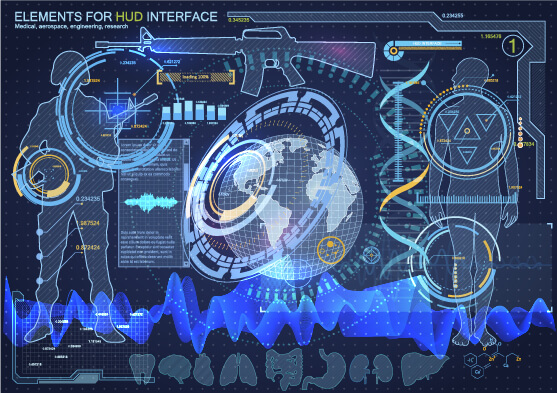Experimentation is essentially learning through explicit trials. Experimentation is the only possible mechanism to firmly answer specific questions (or hypotheses). The way humans perceive and understand their surrounding environment is limited to an over-simplified picture and often alternative theories can be proposed to explain observed phenomena. In many situations, experiments are necessary to select the most adequate theory. In FutureGroup, we provide experimentation design, conduct of experiments using a wide range of modelling and simulation systems and field experiments, develop data collection plans and conduct measurement and analyses to provide insights. We conduct three types of experiments:
- Discovery experiment. Experiments that aim to explore the potential benefits of new methods (concepts) and of its underlying aspects and dependency on external factors.
- Hypothesis testing experiment. Experiments that aim to advance knowledge by seeking to falsify or confirm specific hypotheses as well as investigating the limitation of those hypotheses.
- Demonstration experiment. Experiments that aim to display the benefits of novel technologies, organisation structure or concepts of operation.
In FutureGroup, our experimentation consultancy helps clients to achieve the following benefits:
- Reduced uncertainty (risk mitigation) with regards to the employment of new concepts (Technology and methodology)
- Objective evaluation of innovations
- Identification and possibly solution of practical problems that cannot be determined through studies and analysis alone (validation of suggested issues)
- Provision of empirical evidence to inform doctrine, policy, budgetary and procurement decisions (ie. supporting evidence-based decision)
- Support to force integration by enforcing the testing of new concepts and methodologies within a joint and/or coalition environment
Contact us to find out how we can help in your transformation journey.



